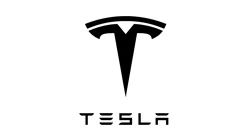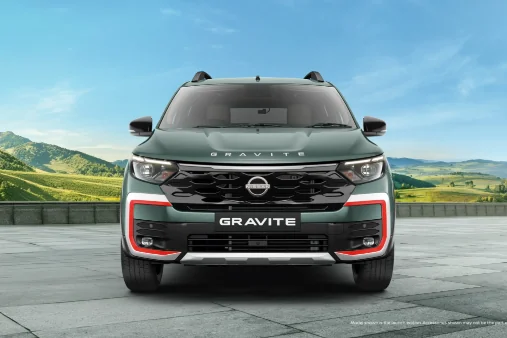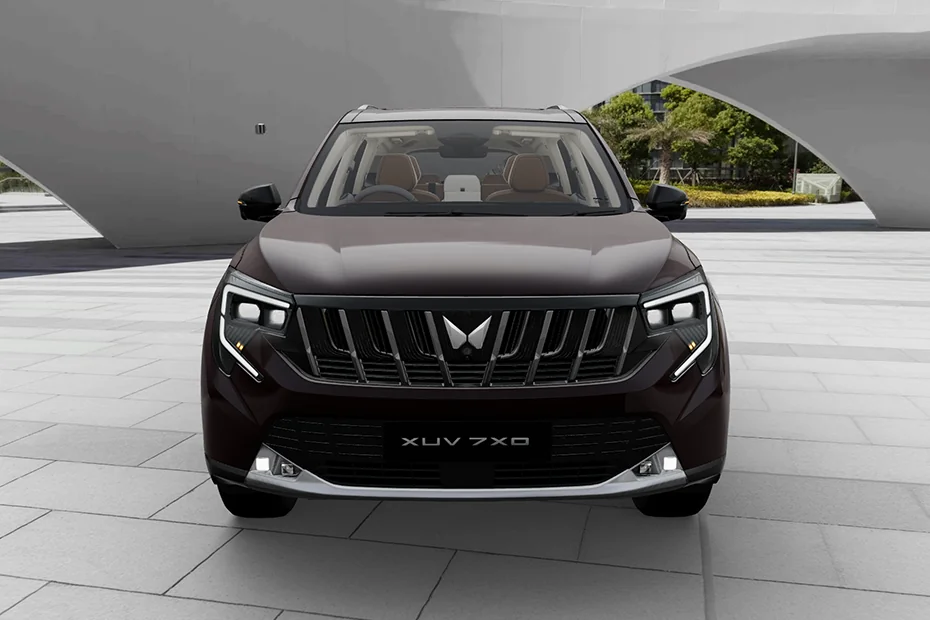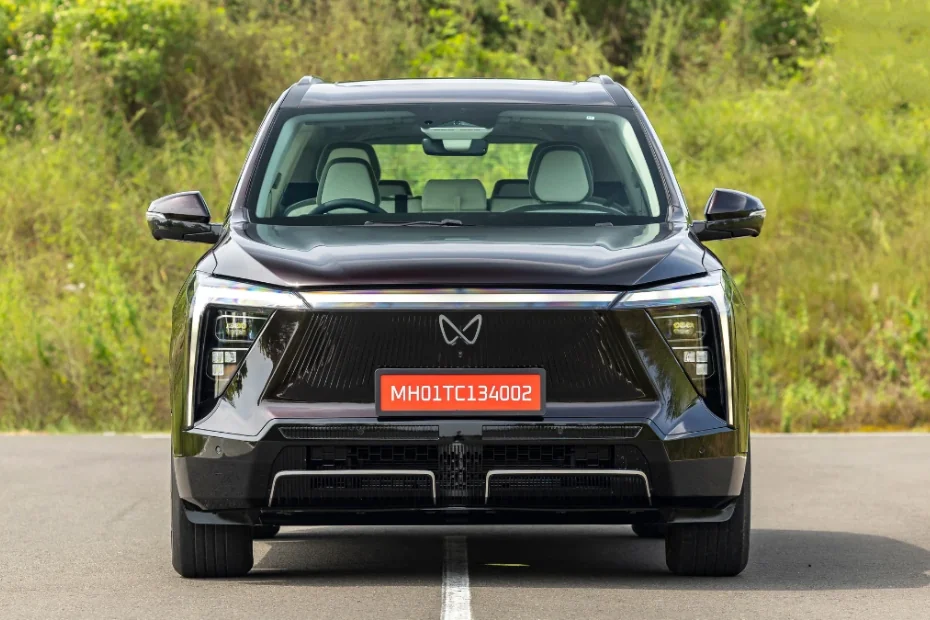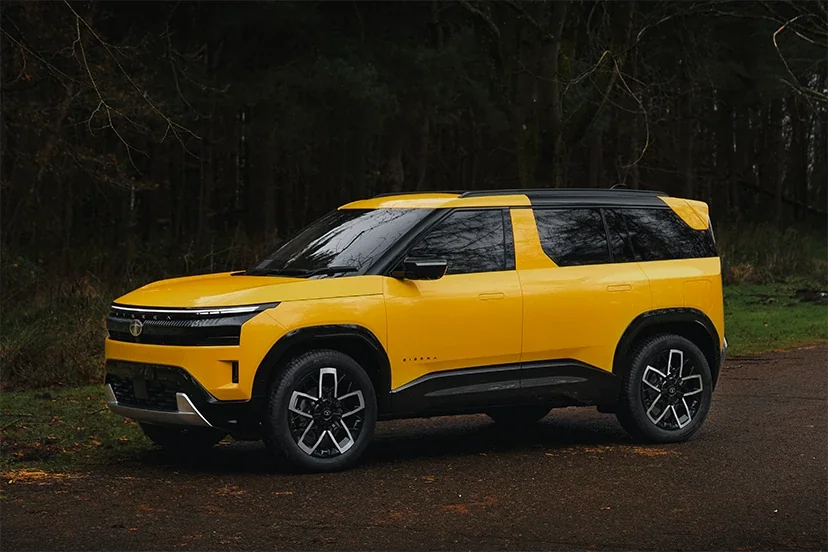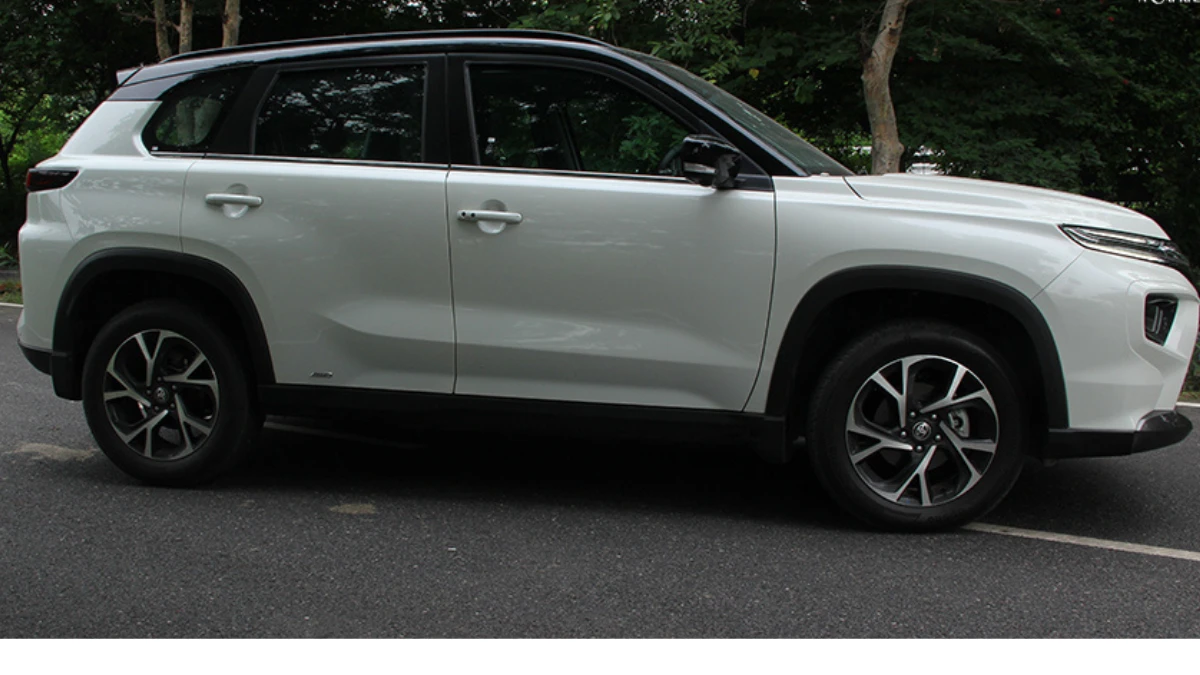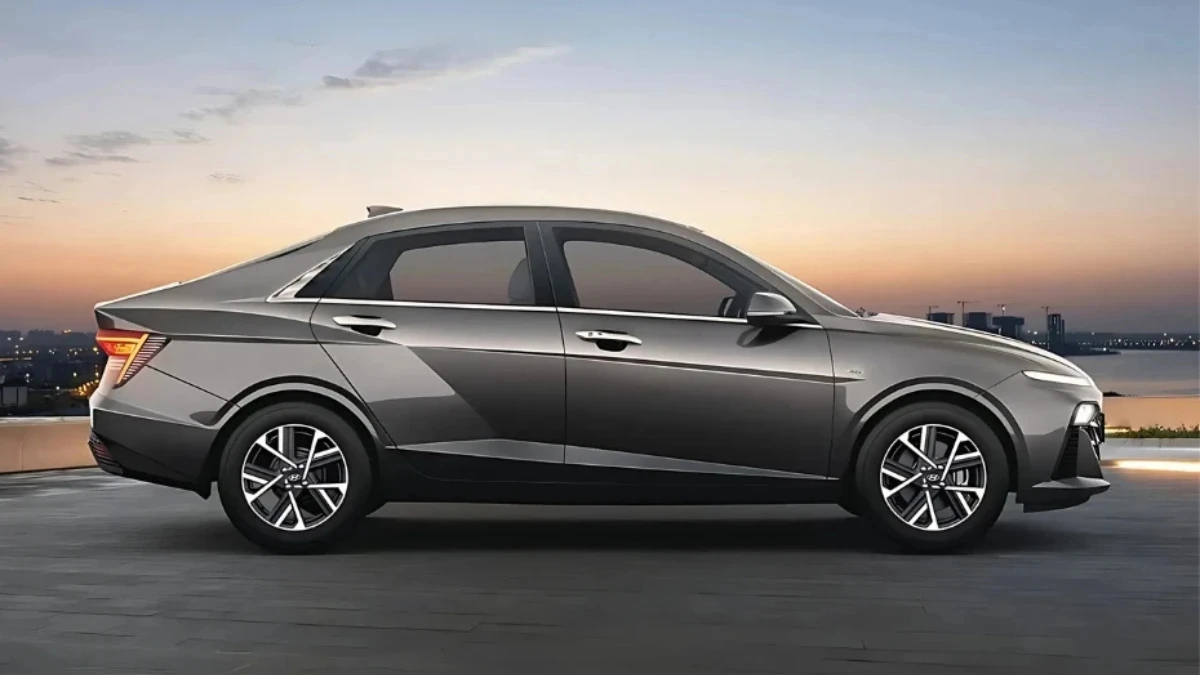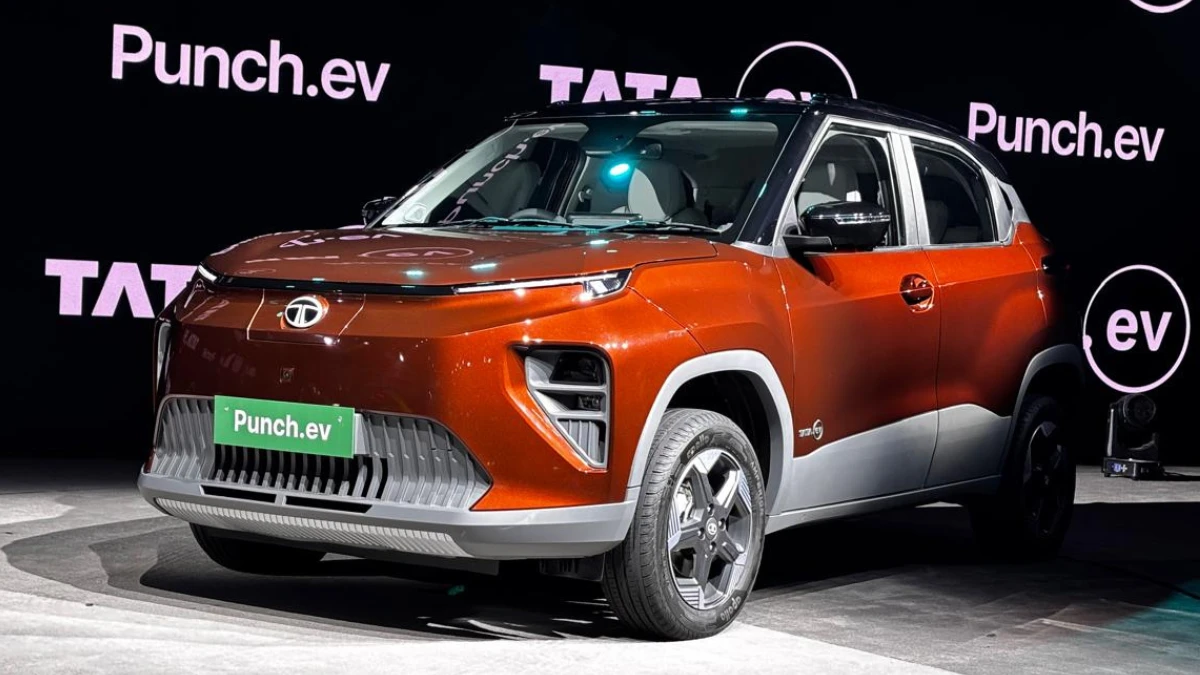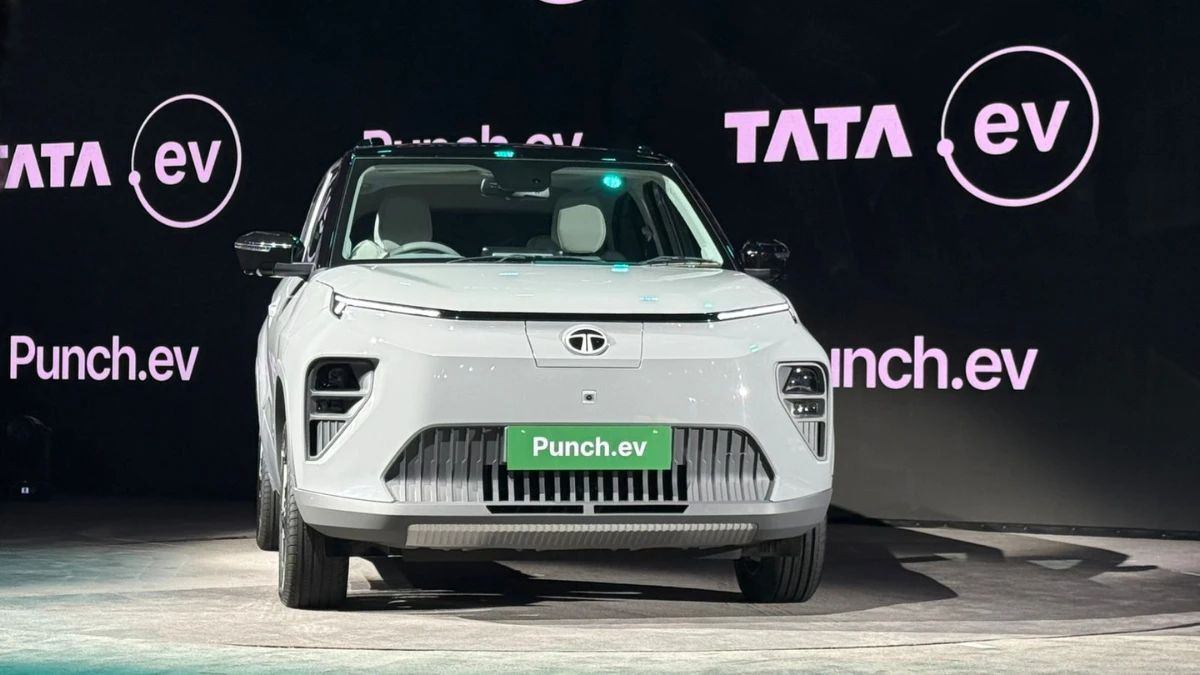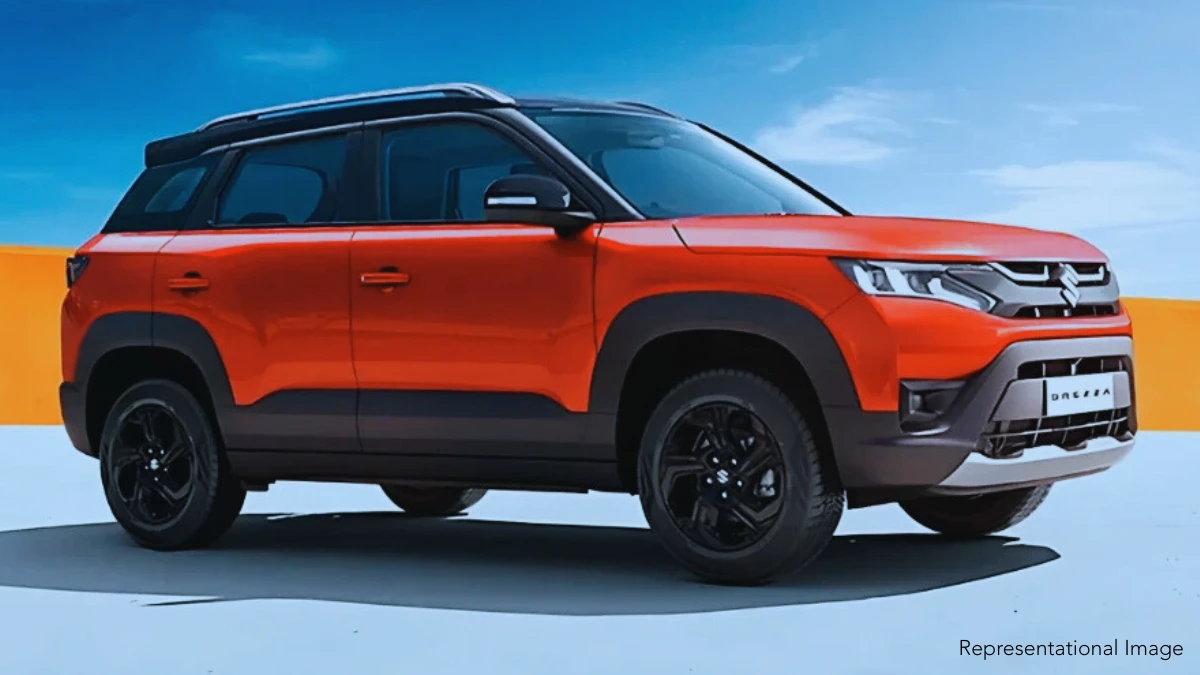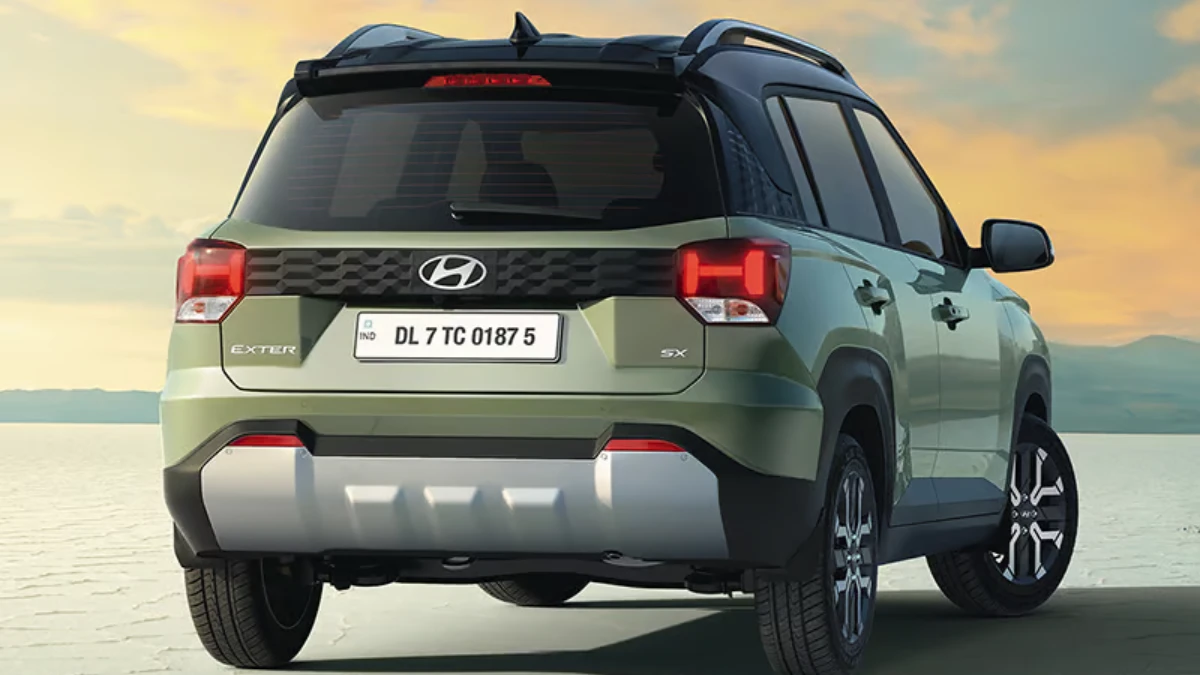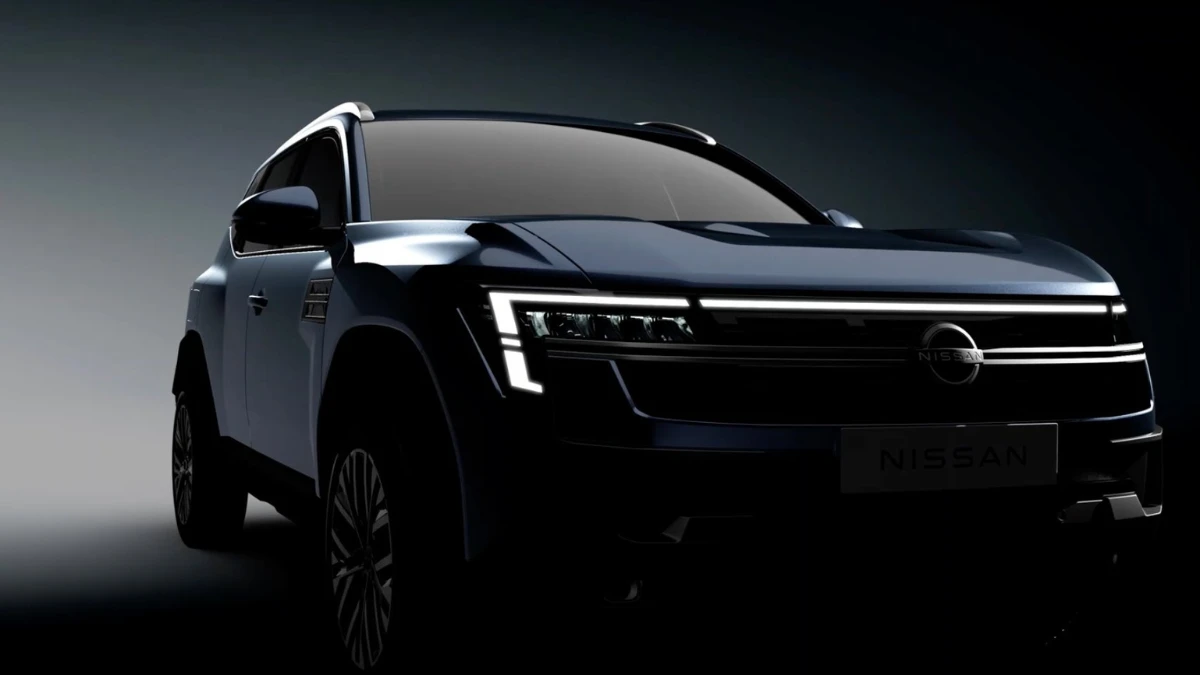
It’s been over a year since Honda Cars India introduced the Elevate midsize SUV with the aim of reviving its business market. With the launch of the model, the carmaker had confirmed its first EV (electric vehicle) based on the Elevate as a part of its ‘ACE’ (Asian Compact Electric) project. Codenamed DG9D, the Honda Elevate EV will be one of the brand’s five upcoming SUVs set to arrive by 2030. The model, which is scheduled to launch in 2026, will be positioned against the Hyundai Creta EV and Maruti e-Vitara. Both its arch-rivals will hit showrooms early next year. It will also face challenges from cars like the Tata Curvv EV and MG ZS EV.
Platform
The Honda Elevate EV will be underpinned by the same platform used for its ICE counterpart. The midsize SUV uses a higher tensile steel application ratio to achieve a “smooth and connected” structure that’s claimed to be lightweight and provide enhanced collision safety performance, balance, stability, and handling. Honda said that the Elevate has a highly efficient body structure that stiffens the C-pillars and rear tailgate opening area to improve rear rigidity. It also ensures smoother operation.
A Global Product
This electric SUV from Honda will be a global product that will be exported to several markets where the City and Amaze are already present. The Honda Elevate EV will further expand the brand’s export volumes from India.
Expected Specs & Features
It’s still quite early to comment on its specifications. However, the electric SUV is expected to feature a battery pack ranging between 40kWh – 50kWh and offer a range of over 400km on a full charge. It’s likely to have a front-mounted electric motor and a FWD (front-wheel drive) system. Most of its features will be borrowed from the Elevate, including leatherette upholstery, a 10.25-inch touchscreen infotainment system, ADAS (Honda Sensing suite), auto-dimming IRVM, ambient lighting, a wireless phone charger, lane watch camera, G meter display, rear seatbelt reminder, and more. Additional features may include a 360-degree parking camera, a panoramic sunroof, ventilated front seats, and a powered driver’s seat.
India as a Manufacturing Hub
The Japanese automaker confirmed that its Tapukara-based manufacturing facility in Rajasthan will be retooled and begin production of the new EV by the end of 2024. Nearly 50 to 70 percent of the vehicles produced at this facility will be exported to major overseas markets, including Japan. The carmaker will increase production capacity to meet domestic sales and export demands.
Also See - 5 EV SUVs Launching in Next 4 Months
About Author
Chhavi Kaushik is a seasoned content writer with over a decade of experience, beginning her career in 2010. Her fascination with automobiles led her to the industry in 2014. As a freelancer, She has contributed to some of the most reputed online automotive publications, consistently delivering fresh updates on the latest automotive events, product launches, car reviews, and critical industry insights.
Top Car Brands in India
Top Car Brands in India
Trending Car News in India
Trending Cars in India
Trusted Dealer
All Over India
Irresistible Offers
Stay Updated, Pay Less
Compare Cars
Choose the Right Car
Easy Finance
Multiple Finance Options

Monday - Saturday
10:00am - 6:30pm
+91 7947722777, +91 7479000444, +91 9311718549
contact@carlelo.com











































